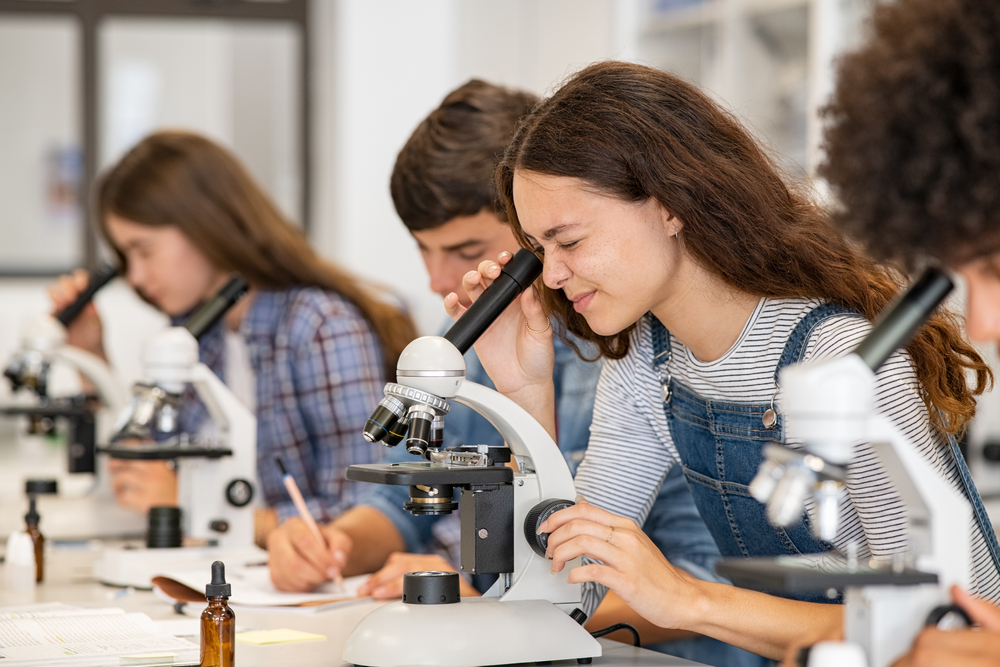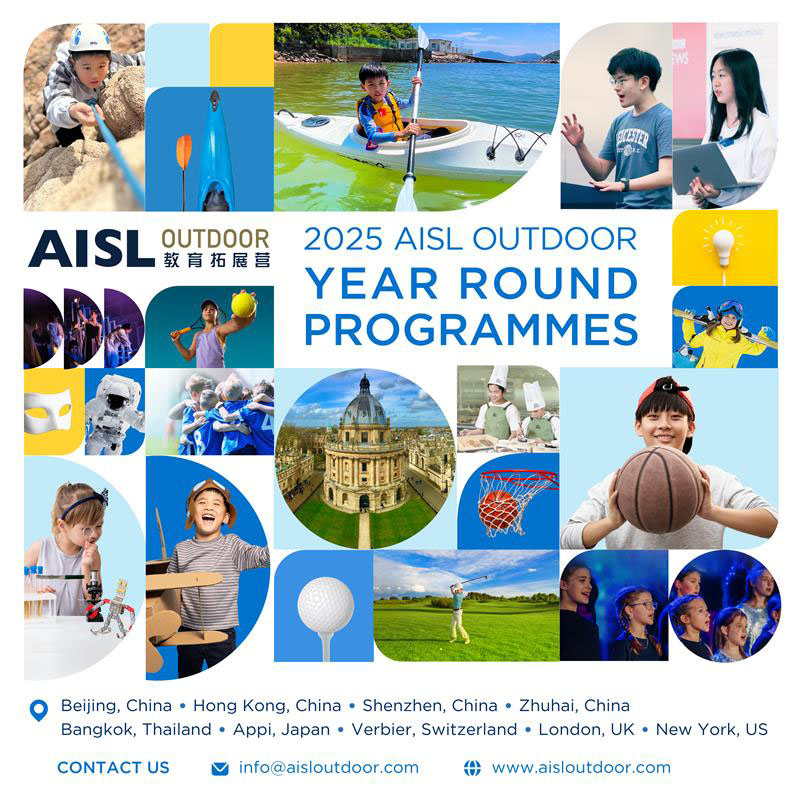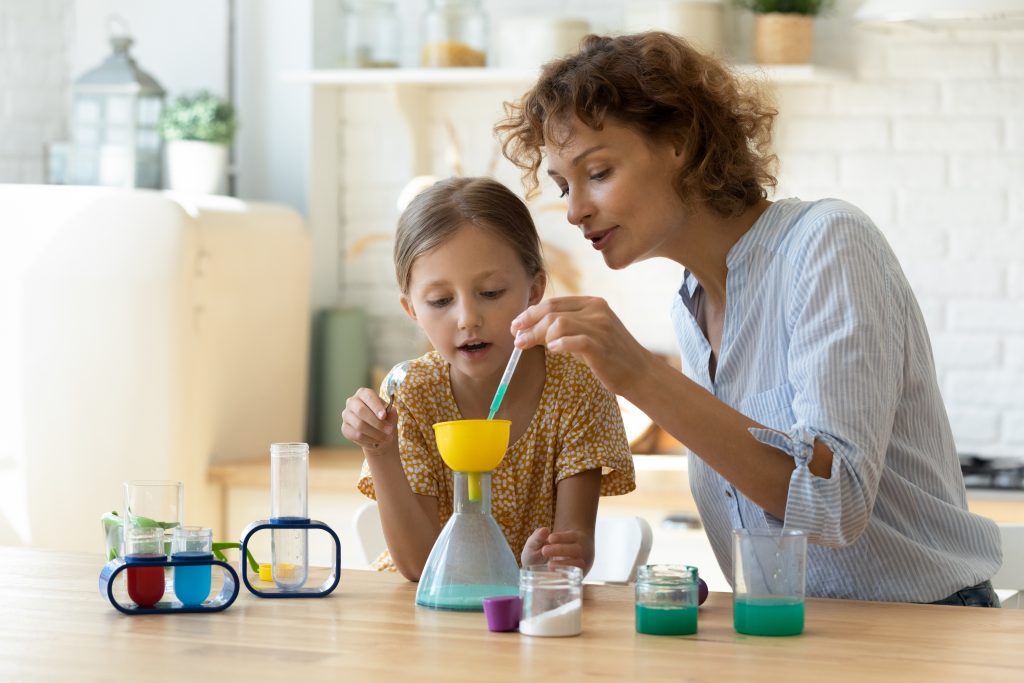A recent study published on ResearchGate examines the effectiveness of hybrid learning in chemical engineering education, particularly focusing on the integration of online laboratories as a supplement to traditional laboratory practices. The research highlights the potential advantages of combining digital tools with in-person learning experiences to enhance student outcomes.
Key Findings:
- Study Overview: The research assessed the impact of online labs on student learning and engagement in chemical engineering courses. By comparing traditional laboratory experiences with those supplemented by online components, the study aimed to evaluate how this hybrid approach affects students’ understanding and retention of key concepts.
- Engagement and Accessibility: One of the significant findings indicated that online labs improved student engagement and accessibility. The flexibility of online platforms allowed students to revisit experiments and concepts at their own pace, leading to deeper understanding and mastery of the material.
- Performance Outcomes: The study revealed that students who participated in hybrid learning environments demonstrated improved academic performance compared to those who relied solely on traditional lab practices. Statistical analyses showed significant gains in test scores, with students in hybrid courses achieving an average of 10-15% higher scores than their peers.
- Student Feedback: Surveys and interviews conducted with participants highlighted positive attitudes toward the use of online labs. Many students reported that the digital tools made complex concepts more comprehensible and reduced anxiety associated with in-person lab work. The convenience of accessing lab materials online was also a recurring theme in student feedback.
- Instructor Insights: Faculty members involved in the study noted that integrating online labs not only enhanced student engagement but also allowed for more efficient use of classroom time. Instructors were able to focus on higher-order thinking skills during in-person sessions, as students were already familiar with the foundational concepts presented in online labs.
- Recommendations for Implementation: The research recommends that educational institutions adopt hybrid learning models that incorporate online laboratories alongside traditional practices. Such an approach could provide a more comprehensive learning experience, catering to diverse learning styles and preferences.
This study underscores the importance of leveraging technology in education, particularly in fields like chemical engineering where practical experience is crucial. By embracing hybrid learning models, educators can enhance student engagement and performance, ultimately preparing a more competent workforce for the future.
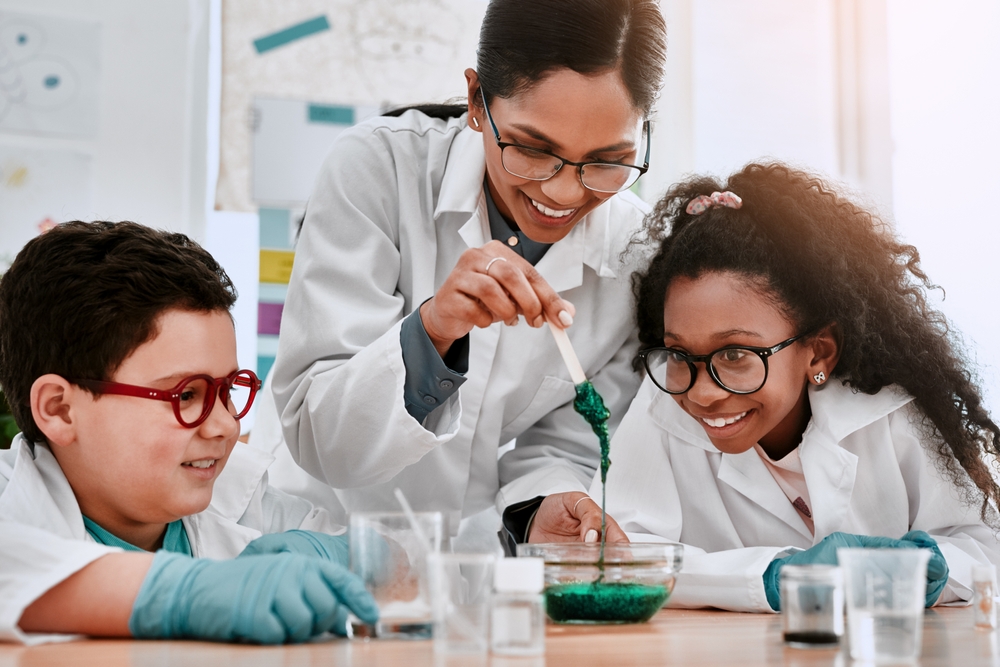
While this article focuses on higher education in chemical engineering, the underlying thought processes are equally relevant to middle and high school education. Each year brings new advancements in technology, particularly in immersive and interactive gaming, as well as artificial intelligence (AI) and machine learning (ML) in general. When these technologies are utilized to create interactive simulations for K-12 students, engagement and learning reach new heights, resulting in improved learning outcomes. Leveraging technologies like virtual labs for K-12 science is crucial in our rapidly changing world. This approach will equip our schoolchildren with the foundation needed to excel as they transition into engineering and STEM majors in higher education.
For more detailed insights, you can read the full article here: Hybrid learning in Chemical Engineering: assessing the benefits of online labs as a supplement to traditional practices.
Virtual science lab tools and hybrid learning solutions that may interest you:
Get a special discount by quoting code AISLMALL during CHECKOUT.
3D Interactive STEM Virtual Lab – High School
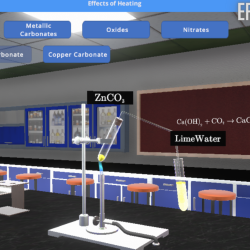
Scholarlab is an advanced virtual lab offering 3D interactive science experiments and real-life simulations for grades 9-12. It provides a hands-on, safe, and application-oriented learning experience, allowing students to reset, repeat, and rerun experiments. A top STEM tool for enhancing science education. Scholarlab simplifies complex concepts in science using powerful and immersive visualization techniques.
3D Interactive STEM Virtual Lab – Middle School
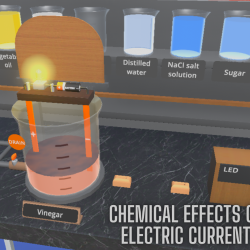
Scholarlab is an advanced virtual lab offering 3D interactive science experiments and real-life simulations. It provides a hands-on, application-oriented STEM learning experience for grades 6-8, featuring safe, repeatable experiments that enhance understanding and skills in science.
